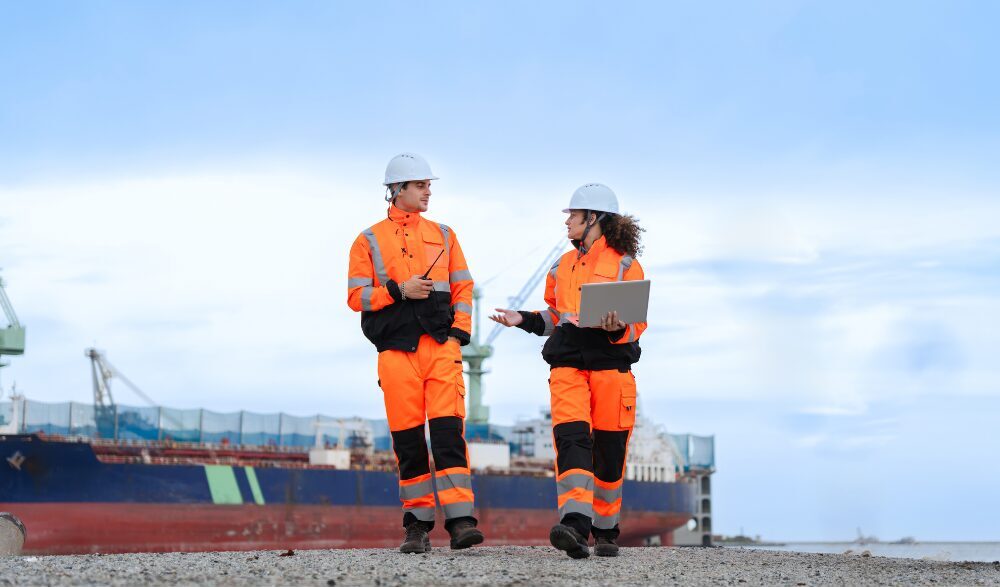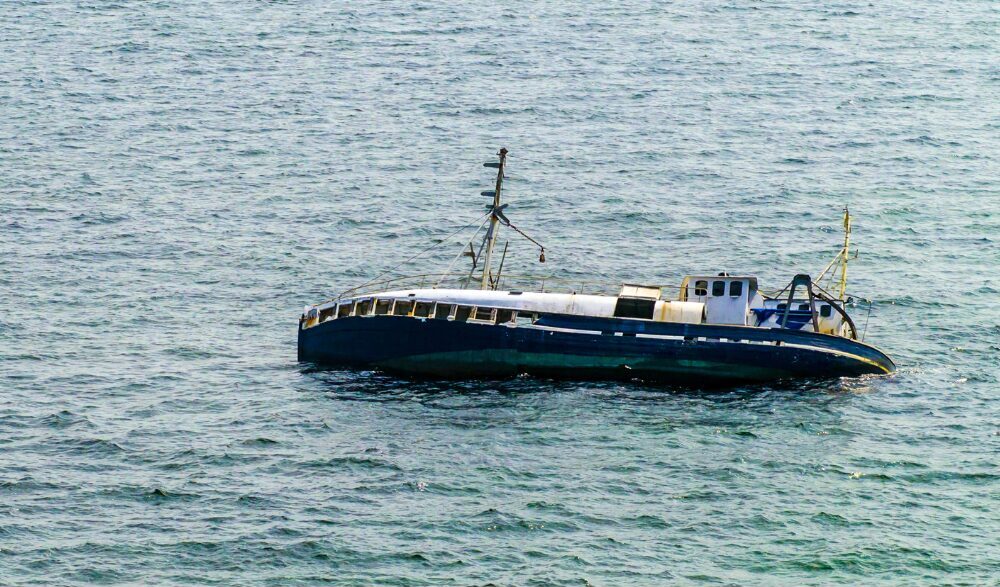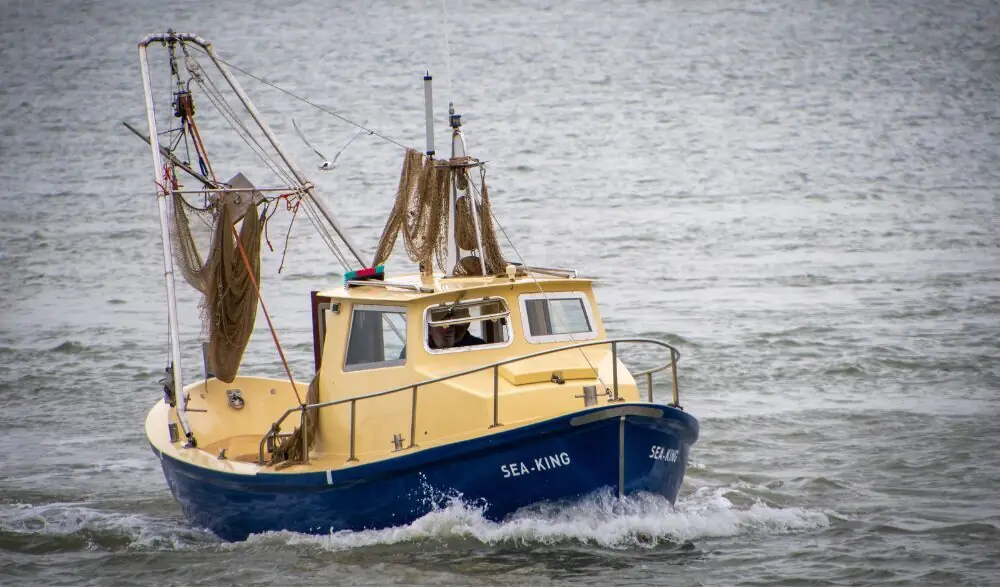
Prevent Boating Accidents with These Safety Tips
For many Washington residents, boating season is an exciting time to look forward to as the spring season rolls around. While many people are understandably anxious to get out of their houses and take advantage of the reopening to outdoor recreation – implemented by Governor Inslee on May 5, 2020 – government officials all over Washington want to remind individuals about boating safety.
In prominent boating areas such as Gig Harbor, law enforcement have put out safety tips along with a short informational video on how to best maneuver a crowded harbor like this one. Be sure to check out that video here:
https://patch.com/washington/gigharbor/gig-harbor-police-urge-boaters-go-flow
There are a number of ways to prevent accidents on the water and keep yourself and others safe. Here are some tips provided by Washington State Parks for boater safety:
- Wear a life jacket – For smaller boats such as kayaks, canoes, or standing paddle boards this is imperative, and for larger boats, always have enough available for everyone on board your vessel. Not only will these help in rough waters, life jackets can act as insulation in cold water.
- Know the weather and tide movement – You do not want to be on the water when a storm arise. Use discretion on cloudy days and pay attention to the movement of the water and wind, which can often be signs of a change in the weather.
- Boat sober – Alcohol can impact your vision, balance & coordination, judgment, and reaction time, which are all key functions you want to have if an accident were to occur. Just like in a car, boating intoxicated (from alcohol or drugs) is illegal and comes with a penalty. Read more on this here: https://parks.state.wa.us/958/Designated-skipper.
- Dress for the water temperature – Many make the mistake of dressing for the air temperature, but it is best to have appropriate attire for cold-water conditions in the case you capsize and are stuck for long periods of time. Further, have dry clothes packed and available when you return to land.
- Know how to treat hypothermia and cold water shock – In cold-water conditions, both are a possibility if someone falls into the water, and the latter can result in hyperventilating and possibly heart attacks. Once out of the water, do not use a hot compress to warm their body, as sudden changes of temperature can be dangerous. Instead, remove wet clothing and attempt to slow rapid breathing.
- Pack a communication device – If you happen to become stranded on the water, a cell phone or other device may be able to help if you have signal. Be sure to pack these in a zip lock bag if they are not waterproof.
- Stay with your boat if you do capsize – It is easiest for others to spot you if you are next to your vessel, whether big or small.
- Always let a friend know your plan before heading out on the water – Details such as where you are headed and what time you expect to be back are important to leave with someone who is staying back on land in case something happens and you are unable to communicate while out on the water.
View the full Washington State Parks Boater Safety Page:
https://parks.state.wa.us/450/Boater-safety
While these tips are great to take with you next time you’re out boating, also consider taking a boating class to become more informed on the laws of boating safety in Washington. For those operating a vessel of 15 horsepower or more, it is mandatory to get your Boater Education Card. Find out more on where you can take the course and get your card below:
https://parks.state.wa.us/442/Mandatory-Boater-Education
If you are a boat owner, understand that you are responsible for the safety of your vessel as well as the lives of the people on it. Know the laws and regulations on boating to best protect yourself and others, including how to report an accident, boat registration, and who encompass marine law enforcement:
https://parks.state.wa.us/455/Laws-regulations
Boating accidents can be prevented, but unfortunately, that it is not always the case. If you are injured or know someone who has been injured in a boating accident, call one of our qualified personal injury attorneys. We are here to help if you need us.


